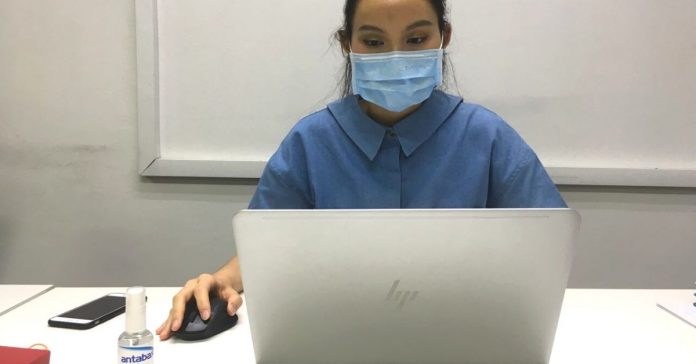The World Health Organisation (WHO) warned that the global COVID-19 outbreak is accelerating, noting that it took only 4 days for cases to jump from 200,000 to 300,000 and 3 days for the cases to jump to 400,000. Total cases are currently at 859,032 as of 1 April.
With cases continuing to rise, more and more governments around the world are issuing lockdown regulations to limit the gathering and movement of people and thus prevent the spread of the coronavirus.
Countries such as France, Denmark, Italy, Spain, and more have announced formal lockdown instructions from the government. Lockdown means an emergency protocol that prevents people or information from leaving an area, meaning workers should be instructed to work from home and are unable to travel outside town or overseas for any business-related matters.
However, there are countries that have not implemented a lockdown despite the dangers of the COVID-19. These countries have their own tactical decisions regarding schools, movements, and other strategies without some of the draconian measures. Without strict lockdown, employees can still work normally in their office. Therefore, businesses must devise other methods of reducing the impact of COVID-19 among workers.
Limit Exposure
Many employers have paid sick leave policies and employees are encouraged to take it to limit COVID-19 exposure at the office. However, paid sick leave is limited and for many, taking a sick day means forgoing a paycheck, a lot of workers cannot afford to miss a paycheck as they worry about their bank balance. This is the reason why employees might come to work even if they are feeling unwell, thus increasing the risk of COVID-19 spreading.
To eliminate any unexpected exposure, employers must assess employees’ work schedule and provide the resources they need to make such arrangement work.
Listen to Employee Opinions
Employees would want to know what is available for them beyond health insurance or paid sick leave plan. It is always a good idea to let people know beforehand, even when they are not asking about it. Workplace discussions should be encouraged and employers should encourage employers to speak up about what they think would best serve them. For example, employees with children might find it difficult to find childcare services during this COVID-19 crisis. Therefore, allowing them to work from home and providing a flexible or remote option with remote access to the company’s system would be helpful.
Update Emergency Contact Information
Lastly, HR and employers should stay informed with any changes made by the government regarding the Covid-19 outbreak. HR should update any emergency contact needed to assist both employers and employees. Let your employees know this information as it could help your employees stay away from any cyber threat that might come along with the Covid-19 pandemic.




















